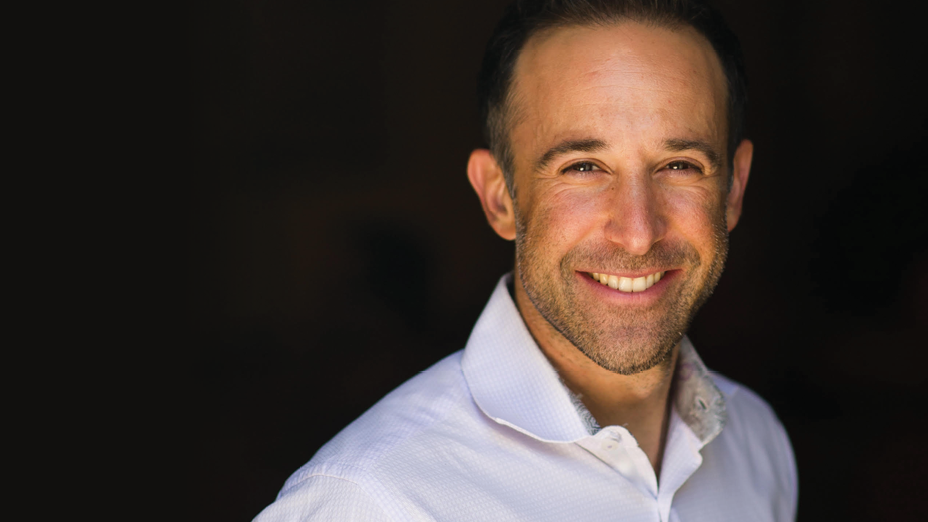As Group Head and General Counsel of TD Bank Group, I'm keenly interested in how women from the legal profession are perceived as leaders. I recently had the opportunity to speak about diversity and leadership at an event sponsored by the Women's Law Association of Ontario (WLAO).
My principal messages were that while great progress has been made, there is still significant opportunity to realize the potential of lawyers from diverse backgrounds, and we all have a role to play to make the legal profession more inclusive.
"While great progress has been made, we all have a role to play to make the legal profession more inclusive."
I began by sharing two contrasting statistics: Alex Johnston of Catalyst Canada was quoted in Report on Business Magazine stating that there are more CEOs of S&P 1500 companies named John than there are women CEOs. I compared that disappointing stat with an interesting one from Canadian Lawyer Magazine: in Canada more than half of our in-house counsel positions are filled by women. According to the Association of Corporate Counsel, that is not the case anywhere else in the world.
Even more encouraging, we have a proven track record of women attaining the highest in-house position – the General Counsel role – at many of the most prestigious Canadian companies and institutions. There was a book written in 2013, called Breaking Through: Tales from the Top Canadian Women General Counsel. It has some interesting conclusions on the skills, attributes and experiences that typically lead to this level of success.
When I first joined TD, my in-house counsel position allowed me to apply my legal knowledge to many areas of the bank. In addition to taking advantage of the opportunities presented to me to grow my skill set, I was an early beneficiary of the bank's focus on the Women in Leadership diversity pillar.
The Women in Leadership program is just one of many diversity initiatives at TD. When it began in 2005, only 22 percent of our executives were women. Today, 36 percent of our executives are women, with 19 Women in Leadership chapters across Canada and more than 40 events annually.
At TD, we take a ‘multi-pillar’ approach to diversity, advancing many pillars concurrently, rather than tackling one at a time. We believe that often what will advance one pillar of diversity can help in others.
For example, in Women in Leadership we learned the importance of allies. I was the beneficiary of wonderful advice, sponsorship and mentorship from male leaders. I am now very excited to “pay it forward” and lend my voice and support as an ally to our Lesbian, Gay, Bi-Sexual and Transgender inclusivity initiatives at TD.
At its root, our diversity philosophy says: we believe you can look and feel and think a lot of different ways, and still be a successful leader at TD.
I am very proud to be a part of that, and also very proud to be a part of the success of female General Counsels within the legal community in Canada.
But my most important message at the WLAO event was that while we can be proud, we cannot be complacent. We have to keep pushing forward and building on the momentum we have generated.
For example, think of the women’s groups created within your organization – either purposefully or organically – are they inclusive of all women: visible minorities, lesbians, women with disabilities, and invisible disabilities? And if not, why not?
We will not have made much progress if we have only defined a sub-set of women who can be successful. To do this, I shared with the audience some practical tips – for both women and men – that I have found useful:
"While we can be proud, we cannot be complacent."
- Ensure your candidate slates are diverse – when you're hiring, or you're asked for candidate recommendations, insist on a diverse slate from which to choose. This is harder than it may seem, not because there aren’t terrific diverse candidates, but because the same names tend to come up time and again.
- Ask for a diverse team from your law firm or other suppliers, or ask for a diverse candidate as your relationship partner.
- Be outspoken about the importance of diversity to you.
- Be a sponsor of diverse individuals. And make sure it’s an assignment that really matters. Money talks. Too often women are asked to take on amorphous tasks where success is not readily measurable. Look for assignments where at the end, your candidate can show the value they delivered in financial terms.
And for women, in particular:
- Celebrate your career successes – it is remarkable what we have achieved.
- Find role models whenever you can.
- Recognize when to make that important transition from recipient of mentorship, sponsorship and camaraderie, to being a benefactor – pay it forward.
Many of us have benefitted from generous leadership and thoughtful diversity programs. It is now up to all of us to make sure we maintain and accelerate the progress we’ve made so far, by paying it forward – helping women and other diverse individuals who may not have found their voice yet – and creating a little more competition for those CEOs named John.





.png)


%20(1).png)
What Did You Think?